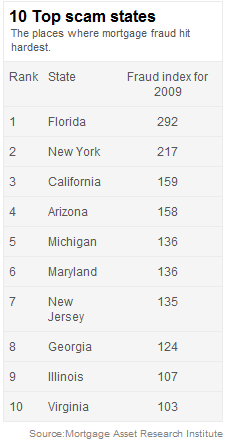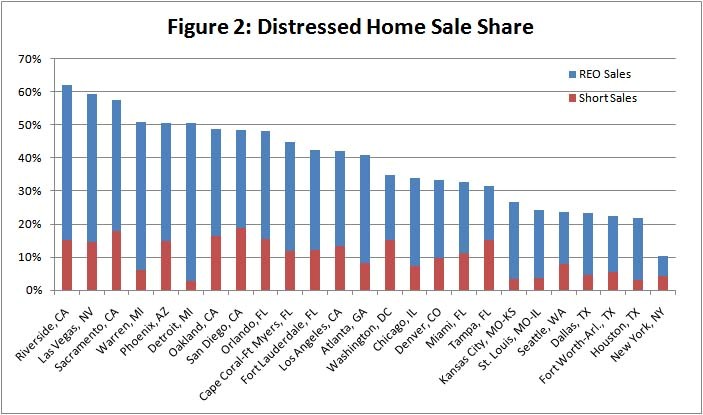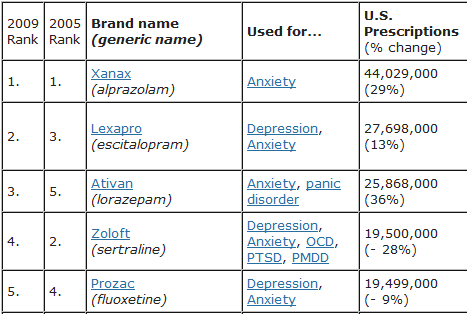Re: What the NAR Does Not Want You To Know
Yep, my wife really wants a single-family house. We *do* actually own a townhouse, but we bought it well before the bubble and it will be paid of this year. We also have a metro line being built that will open here in 2013.
There are times where I really think I should consider selling, but I *think* the downside for us is limited -- in any case, since the place will be paid off, zero chance for us to be underwater.
Patrick's site kept us from doing something stupid in 2005 time frame.....unfortunately, we know many friends who are convinced "now is the time".
Yep, my wife really wants a single-family house. We *do* actually own a townhouse, but we bought it well before the bubble and it will be paid of this year. We also have a metro line being built that will open here in 2013.
There are times where I really think I should consider selling, but I *think* the downside for us is limited -- in any case, since the place will be paid off, zero chance for us to be underwater.
Patrick's site kept us from doing something stupid in 2005 time frame.....unfortunately, we know many friends who are convinced "now is the time".




Comment